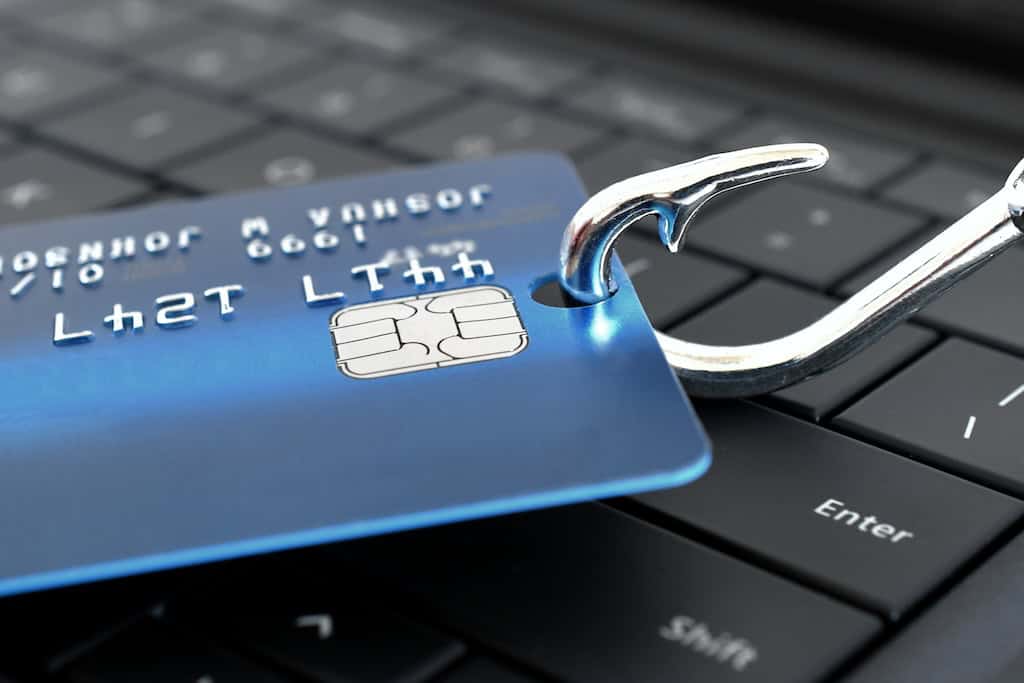Is Your Law Firm Cybersecurity-Compliant? Key Requirements for Lawyers

Cybercriminals are targeting law firms like never before. Why? Because your firm safeguards highly sensitive client information. From confidential contracts to privileged correspondence, law firms are prime targets for data breaches. A single cybersecurity breach can compromise client trust, lead to financial losses, and tarnish your firm’s reputation.
The legal industry is no longer immune to the growing wave of cyberattacks. With data moving faster across digital platforms and attorneys increasingly reliant on technology for communication and documentation, ensuring cybersecurity compliance has become essential.
But here’s the good news—we’re here to help. This guide will walk you through what you need to know about cybersecurity required for lawyers. We’ll cover compliance regulations, how to assess your current defenses, and the steps you can take to protect your firm from cyberattacks.
Understanding Cybersecurity Requirements for Lawyers
Staying compliant with cybersecurity regulations is about more than just protecting sensitive data; it’s also about adhering to professional responsibilities. Here are some key obligations and standards law firms must meet:
1. Data Protection Laws and Regulations
Governments around the world have tightened laws to protect sensitive data. Legal practices must operate within the framework of regulations like:
- The General Data Protection Regulation (GDPR): If your firm handles clients from the EU, compliance with GDPR is mandatory.
- The California Consumer Privacy Act (CCPA): For firms working with California residents, data collection and storage practices must comply with this law.
- The Health Insurance Portability and Accountability Act (HIPAA): If your firm handles health-related data, adherence to HIPAA is critical.
Failing to comply with these regulations can lead to hefty fines, lawsuits, and reputational damage.
2. Confidentiality Rules and Ethical Obligations
Attorneys have an ethical duty to maintain client confidentiality. Cybersecurity safeguards are now essential to protecting privileged information. The American Bar Association’s (ABA) Model Rule 1.6 requires lawyers to “make reasonable efforts to prevent unauthorized access to information.”
3. Cybersecurity Insurance
Many jurisdictions now recommend (or require) legal practices to have cybersecurity insurance. This can provide financial coverage in the event of a breach, helping your firm recover quickly.
Assessing Your Firm’s Cybersecurity Posture
The first step to safeguarding your law firm is understanding your current level of security. Start by conducting a cybersecurity audit.
Key Steps to Assess Cybersecurity:
- Inventory Sensitive Data
Identify what sensitive data you store, where you store it, and who has access.
- Perform a Vulnerability Assessment
Check for weaknesses in your firm’s systems. Common vulnerabilities include outdated software, weak passwords, and a lack of encryption.
- Evaluate Current Policies
Assess your existing cybersecurity policies and incident response plan. Are employees trained to recognize phishing attempts? Do you have protocols for data breaches?
- Analyze Third-Party Vendor Risks
Work with external vendors? Ensure they comply with cybersecurity standards and don’t create vulnerabilities.
Implementing Key Security Measures
Once you’ve identified your vulnerabilities, it’s time to put a defense plan in place. Here are the top measures every law firm should implement:
1. Encryption of Data
Protect sensitive client data by encrypting files. Even if hackers access your systems, encrypted data is difficult to decode without the proper decryption keys.
2. Multi-Factor Authentication (MFA)
Simple passwords are no longer enough. MFA requires users to verify their identity with an additional layer of security, such as a fingerprint or an authentication code.
3. Regular Software Updates
Outdated software is one of the biggest entry points for hackers. Set up automatic updates for your systems to eliminate potential vulnerabilities.
4. Firewall and Antivirus Solutions
Install firewalls and antivirus software to detect and block malicious activity before it impacts your systems.
5. Cybersecurity Training for Employees
Your employees are your first line of defense. Train them to recognize phishing attempts, use strong passwords, and follow cybersecurity best practices.
6. Secure Communication Channels
Avoid discussing sensitive matters over unsecured channels. Use encrypted email services or secure client portals for all communications.
Incident Response Planning
No cybersecurity system is foolproof. That’s why having a robust incident response plan is crucial. Preparing for a potential breach can minimize its impact and speed up recovery.
Elements of an Effective Incident Response Plan:
- Clear Roles and Responsibilities: Identify a team responsible for managing breaches.
- Action Steps During a Breach: Have step-by-step protocols for containing and resolving incidents.
- Client Notifications: Plan how to inform affected clients transparently, without panic.
- Regular Testing: Test and refine your response plan periodically to ensure readiness.
When disaster strikes, chaos shouldn’t follow. A well-prepared plan can help safeguard both your firm’s reputation and your clients’ trust.
Building Cyber-Resilience with Continuous Compliance
The legal world is in a digital-first era, and cybersecurity is no longer optional. Safeguarding sensitive client data, maintaining compliance with regulations, and training employees to recognize threats are vital measures to protect your law firm in an interconnected world.
Cyber threats don’t stand still, and neither should your defenses. By investing in regular audits, updated technologies, and continuous employee education, you can turn cybersecurity compliance into a competitive advantage.
Need help securing your law firm? At Heroic Technologies, we specialize in cybersecurity solutions tailored to law firms. From incident response plans to employee training, we’ve got your back. Contact us today to ensure your firm stays compliant and protected.













